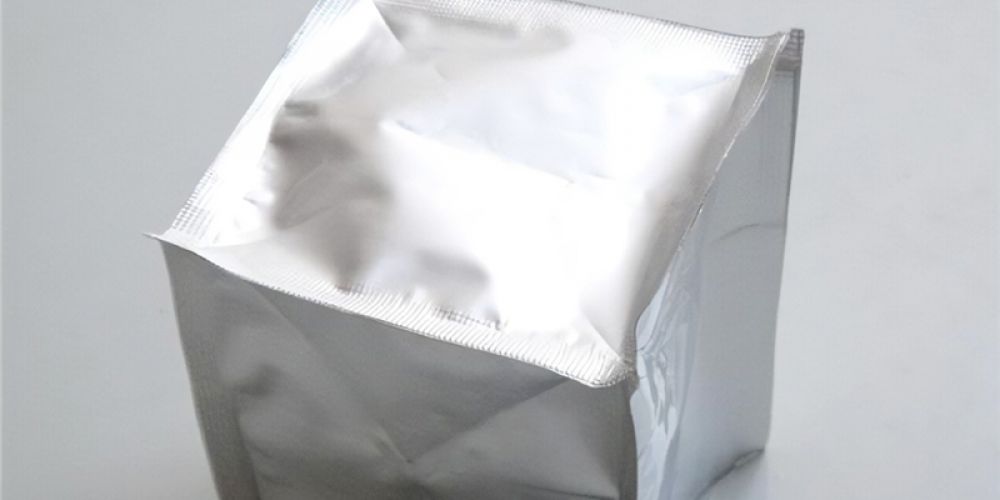
The thickness of aluminum foil has a significant impact on the shelf life of the contents of the package. The following is a specific analysis:
As a commonly used packaging material, aluminum foil's excellent barrier properties are crucial to protecting products from external environmental factors. The barrier performance of aluminum foil mainly depends on its thickness. The greater the thickness, the better the barrier effect. Thicker aluminum foil provides more of a physical barrier and is more effective at blocking factors such as oxygen, moisture and light that can cause product spoilage. This means that, under the same storage conditions, products packaged in thicker aluminum foil can maintain freshness and quality for longer.
Multiple studies have shown that for every 0.01 mm increase in aluminum foil thickness, its oxygen, moisture and light barrier properties can increase by approximately 5%. This improvement directly contributes to extending the shelf life of the contents of the package. Especially for sensitive products such as food or medicine that need to be stored for a long time, increasing the thickness of aluminum foil paper can significantly increase its shelf life, thereby meeting the needs of the market and consumers.
While increasing the thickness of aluminum foil can help improve barrier properties and extend shelf life, there are other factors to consider in practical applications. For example, aluminum foil that is too thick may increase the cost and weight of the package and may affect the softness and folding performance of the package. In addition, for some food packaging that requires high-temperature cooking or microwave heating, the thickness of the aluminum foil paper also needs to consider its heat sealing performance and microwave penetration.